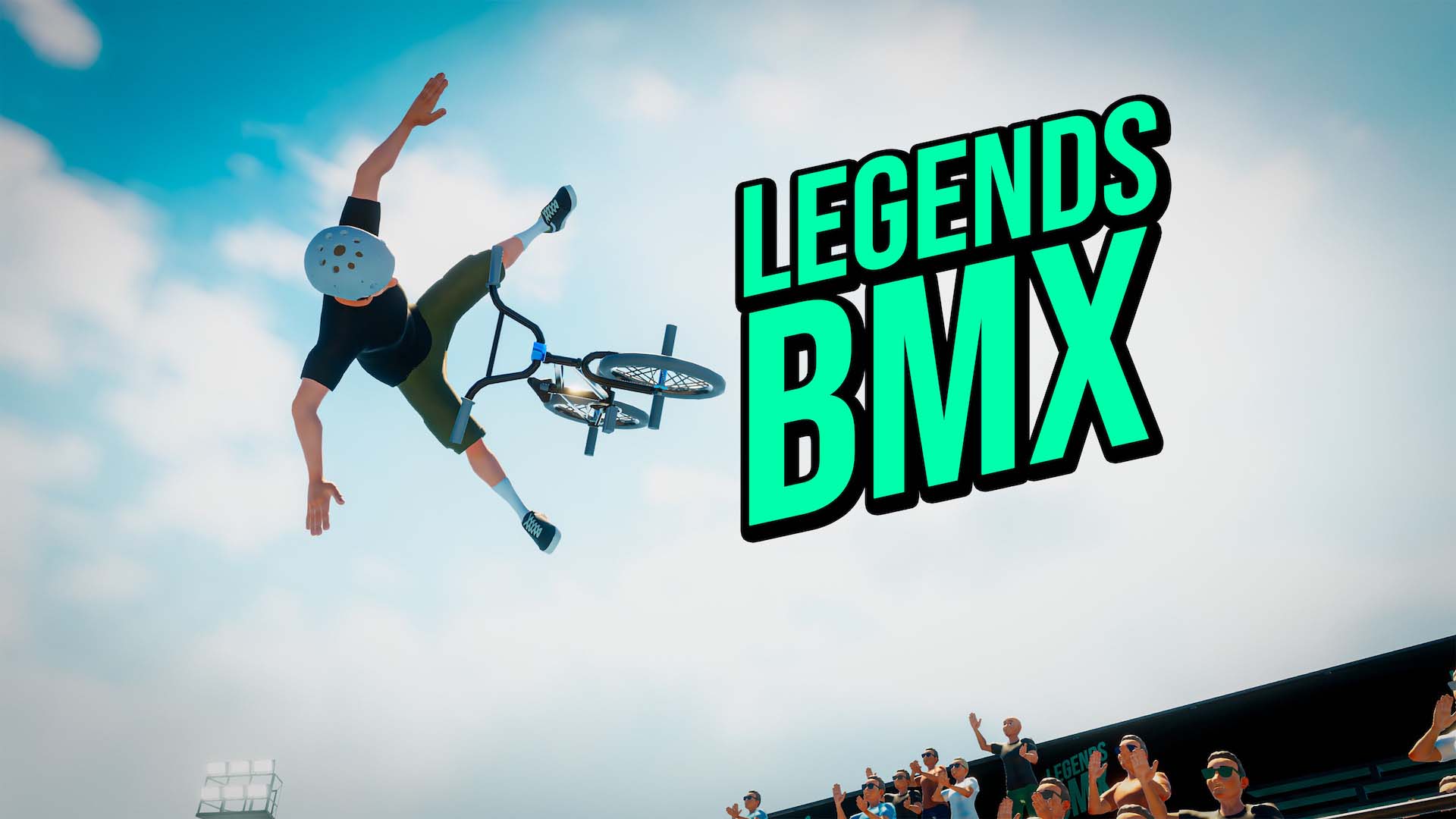

Navigating the future of our online possessions after death is an important issue. Despite legal hurdles, practical realities suggest our digital gaming libraries can live on. Balancing practicality and legality, tools like password managers or Google’s Inactive Account Manager can help ensure our digital gaming legacy survives.
Shelves of physical games have been replaced by digital ones for most people. Unlike digital games, physical games have simple ownership rules. If it’s in your hands, it’s yours. This begs the question—once you’re gone, is your shelf of virtual games gone too?
Can You Transfer Your Games to Friends and Family?
The answer, frustratingly, is complicated. Digital content, such as games, is usually tied to End User License Agreements (EULAs). These EULAs almost universally prohibit the transfer of digital assets.
RELATED: Physical vs. Digital Games: Should You Buy Physical Games?
As an illustration, according to Steam’s Subscriber Agreement:
You are entitled to use the Content and Services for your own personal use, but you are not entitled to: (i) sell, grant a security interest in or transfer reproductions of the Content and Services to other parties in any way, nor to rent, lease or license the Content and Services to others …
RELATED: What Happens to Your Digital Property When a Company Goes Out of Business?
Similarly, Sony’s PlayStation Network Terms of Service echoes this, stating:
You may not sell, buy, trade, or transfer your Online ID, Account or any personal access to PSN Services through any means or method, including by use of web sites.
Study the Subscriber Agreement or Terms of Service of any other game delivery service, big or small, and you’ll likely find similar wording. The games you buy through the service are for you and you alone. There simply aren’t provisions for someone inheriting your vast Steam library.
In Practice, No One is Checking if You’re Dead
While the legal environment surrounding digital game transfers is complex and prohibitive, the practical reality differs. As long as someone has access to your account credentials, they can access and play your digital games. This effectively means your digital games could potentially outlive you.
RELATED: What Happens to Your Online Accounts When You Die?
Services like Steam or the PlayStation Network are not scanning obituaries and cross-referencing them with their user accounts. Furthermore, these platforms have no concrete way to verify whether the account holder or someone else entirely is using the account, given they possess the correct login credentials.
How Can You Leave Credentials Behind?
Leaving behind your digital gaming legacy involves balancing practicality and legality. In strict terms, sharing your account credentials violates most digital game providers’ terms of service. Yet, given the lack of practical enforcement of these terms, you may opt to leave instructions for accessing your digital libraries upon your untimely demise. After all, a chance to share your vast library with your heirs is better than no chance at all.
The first step is to create a comprehensive list of your accounts and associated credentials. This information could be stored in a secure password manager or as a physical document in a safe place—there are plenty of good reasons to use a password manager, and this is certainly one of them. Following this, it’s crucial to ensure that this information can be accessed upon your death. Trusted friends, family members, or even legal documentation in your will can facilitate this.
Another solution for leaving credentials behind is using services like Google’s Inactive Account Manager. This service allows you to set a time of inactivity, after which Google will send your account data to trusted contacts or delete it, according to your preferences. While this doesn’t directly cater to game accounts, you could use it as a secure way to leave behind account details for your gaming platforms.
RELATED: When Will Google Delete Data in Inactive Accounts?
However, a word of caution is necessary here. Sharing account credentials, particularly for accounts linked to stored payment methods or personal information, can be risky. It would also be prudent to consult with a lawyer to ensure your actions comply with local laws and don’t lead to unintended repercussions for your beneficiaries.
The shift away from physical games to entirely digital libraries means we’ll soon have to figure out what happens with digital property. Physical games have made the issue of ownership moot in the past, but now those same license agreements can actually be enforced by centralized digital game storefronts. I share video game accounts with my family, and I’d hate to think that the (not insignificant) amount of money I’ve spent on digital games over the years for all of us to enjoy, will suddenly evaporate after that fortune teller’s bear attack prediction comes to pass.






